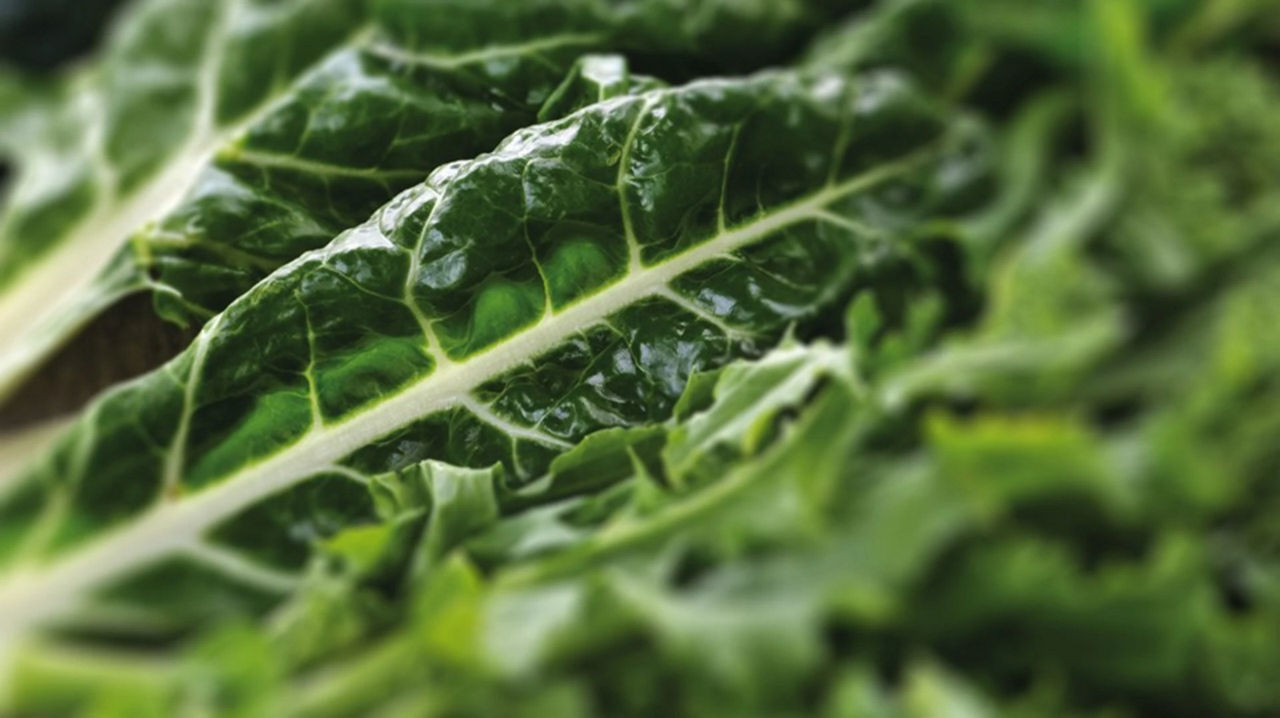If your baby is diagnosed with cows’ milk allergy, you may need to change your own diet or theirs. Discover how to keep your calcium intake up if you’re advised to follow a dairy-free breastfeeding diet, and what changes to expect if your doctor prescribes a new kind of formula for bottlefeeding.
Managing your child’s cows’ milk allergy
Dairy free
Changing your or your baby's diet

Managing your baby’s cows’ milk allergy
When your baby is diagnosed with CMA (cows’ milk allergy), it’s natural to feel worried. But now that you know the cause of your baby’s symptoms, you can take positive steps to keep them healthy. It may be reassuring to remember that most children grow out of CMA by their third birthday.
CMA and breastfeeding
Breast milk is the best form of nourishment for your baby, even if they have been diagnosed with CMA.
While cows’ milk protein can pass into breast milk from your diet, most babies with CMA can tolerate it. In rare cases, babies do react to the cows’ milk in their mothers’ milk. If this happens, your healthcare professional or doctor may advise you to avoid all dairy products to see if this makes a difference to your baby’s symptoms.
Balancing a dairy-free diet
You should only eliminate dairy on the advice of a doctor or healthcare professional to ensure that other vital nutrients are not inadvertently removed from your diet. Most people get the majority of their calcium from dairy products, so if you need to follow a dairy-free breastfeeding diet, it’s important to boost your calcium intake in other ways.
Your calcium needs increase to 1,200mg per day while breastfeeding.

Green, leafy vegetables are a source of non-dairy calcium
When breastfeeding, you need 1,200mg of calcium every day: 400mg more than usual. This is usually achieved by drinking low-fat milk and eating cheese and yogurt regularly – you would need to include dairy foods up to 5 times per day to meet this increased requirement.
If you have been advised to follow a diary-free diet, you should consume plenty of non-dairy sources of calcium instead. These include:
- Tinned sardines, with the bones
- Calcium-fortified fruit juices
- Soya milk, oat milk, rice milk or nut milk
- Green, leafy vegetables
- Wholegrain bread
- Almonds and Brazil nuts
Speak to your healthcare professional about your calcium intake to ensure you’re getting what you need.
CMA and bottlefeeding
If your doctor diagnoses your baby with CMA, they may prescribe a special kind of formula known as extensively hydrolysed formula.
This is made with proteins that have been broken down, so that your baby’s immune system doesn’t recognise them as an allergen. They are formulated to retain their nutritional value and provide the wide range of vitamins and minerals your baby needs.
It’s normal for your baby’s feeding habits to change when you switch to an extensively hydrolysed formula.
When you introduce this kind of formula, it may take your baby a couple of weeks to get used to the new milk. Their feeding patterns may change and their stools may be different, becoming looser and greener in colour.
Remember, if you’re concerned about CMA, it’s very important to consult your doctor or healthcare professional. Please do not self-prescribe with over-the-counter milk alternatives like soya, as they may not be suitable for your baby. The Food Safety Authority of Ireland do not recommend soya-based formulas as a first choice for infants with a cows’ milk protein allergy, particularly under 6 months of age, due to the phytoestrogen content. Also, it's common for babies with CMA to also react to soya protein.
For more information about diagnosis or the side effects of cows’ milk alternatives, always talk to your doctor or healthcare professional.
Last reviewed: 27th May 2022
related articles
Read more about feeding

Get in touch with our Careline experts
Our nutritionists and feeding advisors are always on hand to talk about feeding your baby. So if you have a question, just get in touch
Important notice
Breastfeeding is best for babies and provides many benefits. It is important that, in preparation for and during breastfeeding, you eat a varied, balanced diet. Combined breast and bottle feeding in the first weeks of life may reduce the supply of your own breastmilk, and reversing the decision not to breastfeed is difficult. Always consult your healthcare professional for advice about feeding your baby.



